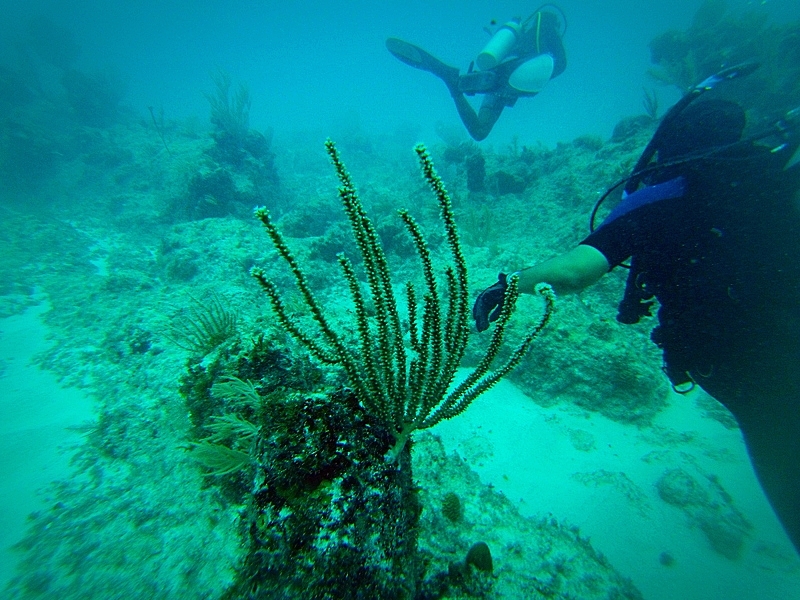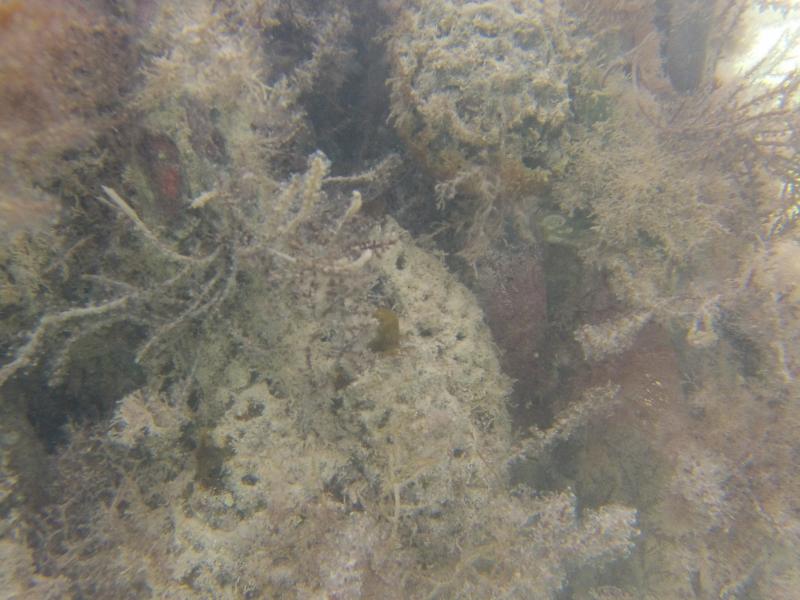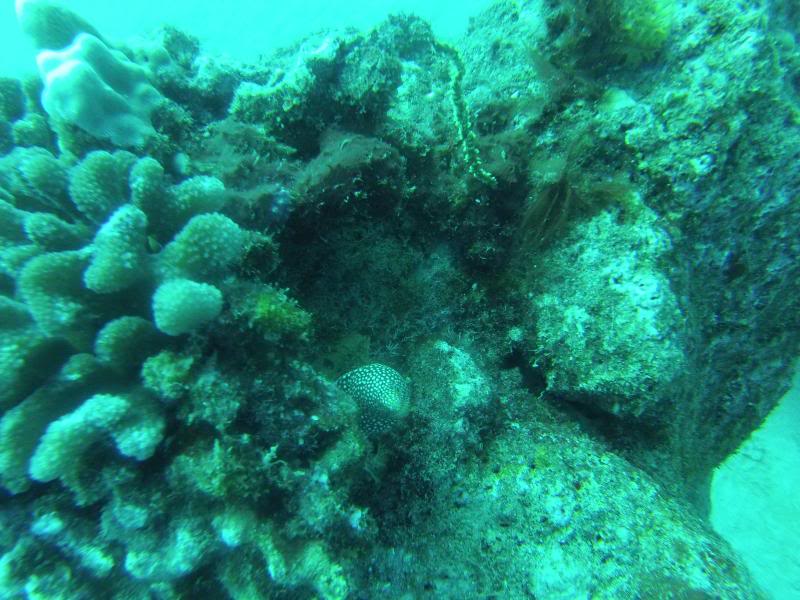Well...I have moved from ich prevention to ich management despite all best efforts.  :mad:
:mad:
I QTed all my fish for at least 30 days with Prazipro and Cupramine, checking the copper level with a Salifert test kit on a regular basis (every 2-3rd day). My tank was doing well with 6 sunset anthias, 3 threadfin anthias, a white bar anthia, a male/female pair of Watanabei angels, and a Helfrichi firefish/ All fish were QTed and this fish population were slowly added over 6 months.
I have a dedicated fish QT system along with a coral QT system in my fish room.
So, to my dismay, my helfrichi firefish came down with ich. I tried to net her since her bolt hole was right in front but that proved impossible. I ordered the Aqua-medic fish trap (which is very clever), but on the next day it arrived, I found her dead. She was my favorite...All the other fish have looked healthy and thus far visible ich free.
Who knows where something went wrong? My display tank has a properly sized UV sterilizer that is on 100% of the time. I QTed everything that went into the tank with the exception of some trochus snails. Perhaps there was encysted ich on the snail. Or, perhaps, 1 day my Cu level dropped? It's impossible to know.
All I know is that despite time, effort, and resources to try to keep ich from the tank, I am now unhappily in the ich management camp. My fish QT is a 20 gallon tank that would be too small for all 12 other fish for treatment for 76 days (letting the display go fallow). I could go get a 55 gallon hospital tank, but my wife would literally kill me if I put another tank downstairs.
This hobby is so frustrating! Hopefully, my other fish will remain disease managed and live healthy lives. I guess this also kills my plans for tangs and I will only add further ich resistant fish I think.
Just venting...
I QTed all my fish for at least 30 days with Prazipro and Cupramine, checking the copper level with a Salifert test kit on a regular basis (every 2-3rd day). My tank was doing well with 6 sunset anthias, 3 threadfin anthias, a white bar anthia, a male/female pair of Watanabei angels, and a Helfrichi firefish/ All fish were QTed and this fish population were slowly added over 6 months.
I have a dedicated fish QT system along with a coral QT system in my fish room.
So, to my dismay, my helfrichi firefish came down with ich. I tried to net her since her bolt hole was right in front but that proved impossible. I ordered the Aqua-medic fish trap (which is very clever), but on the next day it arrived, I found her dead. She was my favorite...All the other fish have looked healthy and thus far visible ich free.
Who knows where something went wrong? My display tank has a properly sized UV sterilizer that is on 100% of the time. I QTed everything that went into the tank with the exception of some trochus snails. Perhaps there was encysted ich on the snail. Or, perhaps, 1 day my Cu level dropped? It's impossible to know.
All I know is that despite time, effort, and resources to try to keep ich from the tank, I am now unhappily in the ich management camp. My fish QT is a 20 gallon tank that would be too small for all 12 other fish for treatment for 76 days (letting the display go fallow). I could go get a 55 gallon hospital tank, but my wife would literally kill me if I put another tank downstairs.
This hobby is so frustrating! Hopefully, my other fish will remain disease managed and live healthy lives. I guess this also kills my plans for tangs and I will only add further ich resistant fish I think.
Just venting...






















